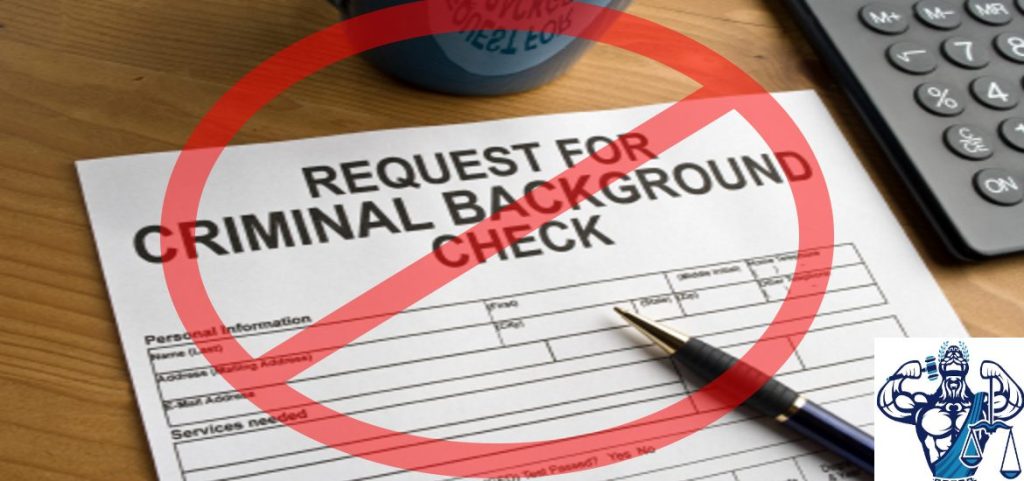Here at the Law Office of Vincent Miletti, Esq. and the home of the #UnusuallyMotivated movement, we take pride as a resilient and dependable legal services firm, providing such services in both a traditional and online, web-based environment. With mastered specialization in areas such as Employment and Labor Law, Intellectual Property (IP) (trademark, copyright, patent), Entertainment Law, and e-Commerce (Supply Chain, Distribution, Fulfillment, Standard Legal & Regulatory), we provide a range of legal services including, but not limited to traditional legal representation (litigation, mediation, arbitration, opinion letters and advisory), non-litigated business legal representation and legal counsel, and unique, online legal services such as smart forms, mobile training, legal marketing and development.
Still, we, here at Miletti Law®, feel obligated to enlighten, educate, and create awareness, free of charge, about how these issues and many others affect our unusually motivated® readers and/or their businesses. Accordingly, in order to achieve this goal, and as part of our continued commitment to you, we have committed ourselves to creating authoritative, trustworthy & distinctive content, which is featured as videos that are posted on our YouTube Channel https://www.youtube.com/channel/UCtvUryqkkMAJLwrLu2BBt6w and blogs that are published on our website WWW.MILETTILAW.COM. With that, the ball is in your court and you have an effortless obligation to subscribe to the channel and sign up for the Newsletter on the website, which encompasses the best way to ensure that you stay in the loop and feel the positive impact of the knowledge bombs that we drop here!
As the authoritative force in Employment Law, it only seems right that we, here at Miletti Law®, continue updating our series with fresh and verifiable content, which looks to not only educate, but also deliver in a sense that only Miletti Law® can. In that spirit, this blog is Part V of our series on “Religious Accommodation Requirements.” In Part IV of this series, we hammered on the “notice requirement,” a key element of an employer’s obligation to provide a religious accommodation. Accordingly, we are thrilled to move the discussion forward and true to the promise we made in Part IV, we will look into what the law says about the duty to engage in the interactive process in this blog and which is Part V of the series.
The Duty to Take Part in the Interactive Process
After an employer is notified that a person (employee or applicant) requires an accommodation on a given religious belief or practice, both the employer and the person have an obligation to take part in the interactive process, as a way of discussing the possibility of a religious accommodation. On the one hand, the employee or applicant’s obligation to identify those employment rules or practices that interfere with their religious beliefs or practices, for the purpose of assessment by the employer. On their part, the employer’s obligation is to consider, in good faith, whether (1) it is possible to provide such an accommodation (2) if given, such an accommodation would pose an undue hardship of the employer’s business operations.
However, it is critical to understand that, while it is the right of employees and applicants to be provided with religious accommodations, employers are not required to offer employees and applicants their “preferred” accommodation. As required by Title VII, employers satisfy their obligations once they offer “reasonable” accommodations to those employees in need of such. Further, employers are not obligated to show that the accommodation they provided their employees with was the “best” accommodation or that an alternative would pose more of a hardship or would be worse off.
Cooperative Dialogue under the NYCHRL (New York City Human Rights Law)
Through the NYCHRL, NYC has codified the mandate of employers to take part in the interactive process with an individual seeking a reasonable religious accommodation. As provided for under NYC Administrative Code § 8-107, subd. 28, it is a requirement for an employer to engage an employee or applicant in a cooperative dialogue within a reasonable time of the request if an employee or applicant requests a religious accommodation. The law also exemplifies that it is not until the parties have engaged in a cooperative dialogue that a determination that no reasonable accommodation can exist. After such a cooperative dialogue is concluded, the employer is obligated to provide the applicant or employee requesting the accommodation with a written final determination, indicating why the accommodation has been denied or granted.
This means that irrespective of your employer’s initial take on your request for a religious accommodation, the employer must engage you in the interactive process as provided for under Title VII and/or cooperative dialogue in line with the NYCHRL.
In Part VI of this series, we shall discuss what a “Reasonable Accommodation” is, as defined by the law.
Until then, stay tuned for more guidance and counsel, and strive to be #UnusuallyMotivated. In the interim, reach us out at the Contact Us page for answers to your questions and/or comments and business legal representation.
Always rising above the bar,
Isaac T.,
Legal Writer & Author.
 Professional Legal & Business Services And Representation - English & Espanol!
Professional Legal & Business Services And Representation - English & Espanol!

 314-648-2586
314-648-2586 CALL US NOW
CALL US NOW







